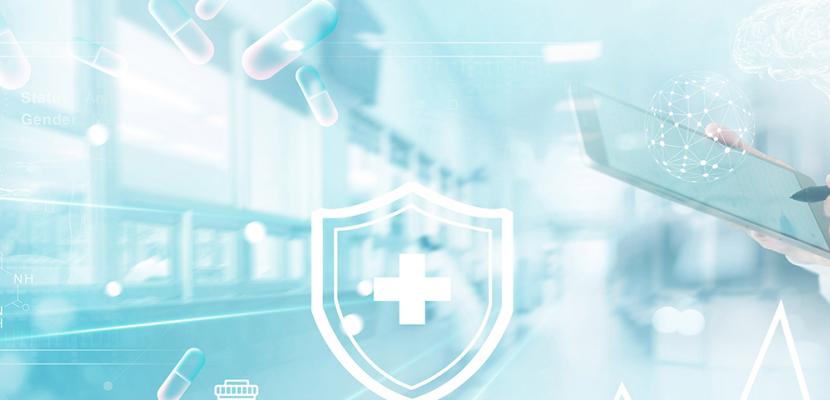
As the healthcare needs of our society change, it brings new challenges as we learn to adapt to increasing demands on the system.
While there will continue to be a place for traditional healthcare providers, the nature of some of their work is becoming more digital and automated.
Many healthcare providers and hospitals have already started developing their own innovation units, including one at Gold Coast University Hospital.
These units explore the use of technologies such as artificial intelligence (AI), cognitive computing, and robotics to help healthcare professionals make better decisions, reduce errors, and increase productivity in both clinical and business settings, Deloitte’s 2019 Global Health Care Sector Outlook reports.
To keep pace with the changing landscape, the industry will need more professionals who are willing to think ‘outside the box’ and effectively manage these new technologies, systems and processes that support effective healthcare delivery.
Professionals who not only understand healthcare but those who can navigate an ever-changing digital interface.

Bridging the knowledge gap
Bond University’s new Bachelor of Health Transformation is helping bridge that knowledge gap and develop future leaders in healthcare.
Graduates will have the knowledge and skills needed to identify and analyse challenges and propose new and innovative solutions to real-world healthcare issues and problems.
Deputy Dean of Bond’s Faculty of Health Sciences and Medicine, Professor Linda Crane says the needs of our healthcare population are changing in ways that are making the current healthcare structures less efficient. Consumer expectations are changing, and traditional models of healthcare are less able to meet these expectations and continue to provide the quality and nature of care that patients need.
“Healthcare in its current form is unsustainable and we need to explore ways to adapt,” she says.
“This new program brings in elements of the current healthcare system, mixed with a variety of health subjects and some science language, but it is not a science-based degree. Instead graduates will be equipped to join a workforce focused on interdisciplinary teams to tackle the complexity of a changing society and healthcare.
“Students need to be interested in health so that they can be immersed in new ways of thinking to contribute to changes in the healthcare industry.”
Innovative approaches needed
Deloitte’s 2019 Global Health Care Sector Outlook report says future workforce shortages could be tackled more cost-effectively if the efficiency and productivity of clinical activities were addressed through innovative approaches to workforce planning, recruitment, skills development, and technology use.
Many aspects of the health system have already been automated.
AI-based diagnosis for heart diseases has proved to be more accurate than doctors at least 80 percent of the time, according to Deloitte’s report.
“Using digital technology to augment and—in some cases—replace human workers frees health care professionals from repetitive, mundane tasks and enables them to focus on their core responsibilities; this can improve physician and staff productivity and result in higher-quality patient care and enhanced patient and visitor experiences.”
Professor Crane said innovations such as personalised medicine are examples of ways we can improve the healthcare system, but it comes at a cost.
Global healthcare spending is already projected to increase at an annual rate of 5.4% in 2018-2022 as a result of growing care needs of elderly populations, advances in technologies and rising healthcare labour costs, Deloitte reports.
“Finding ways to meet the needs of patients with multiple morbidities or chronic illnesses for example, could help to reduce costs,” Professor Crane says.
“At the moment a patient like this would have multiple points of care, going from one professional to another would become their whole life and not an effective way to live.
“We need to find solutions to work together in an interdisciplinary way.”
The details of the degree
The Bachelor of Health Transformation will provide students with the skills to understand the changing demands that society will place on health systems and to innovate beyond traditional modes of healthcare delivery that links consumer expectations, public needs and health sector outcomes.
Students will also explore global sustainable development goals through the completion of a collaborative and creative design solutions option.
Students will learn about human health, disease prevention and management, and evidence-based healthcare through a transdisciplinary approach. This will include foundational business, law, data analytics, and effective communication skills and strategies.
Students will also take new subjects specifically developed for this degree such as Health Systems, Evidence in Healthcare: Practice and Policy, Drivers for Healthcare Change and Emerging Issues in Health Analytics.
“Our intent is that our students will have a knowledge of healthcare and the way it works combined with project management, design thinking and entrepreneurial perspectives,” Professor Crane says.